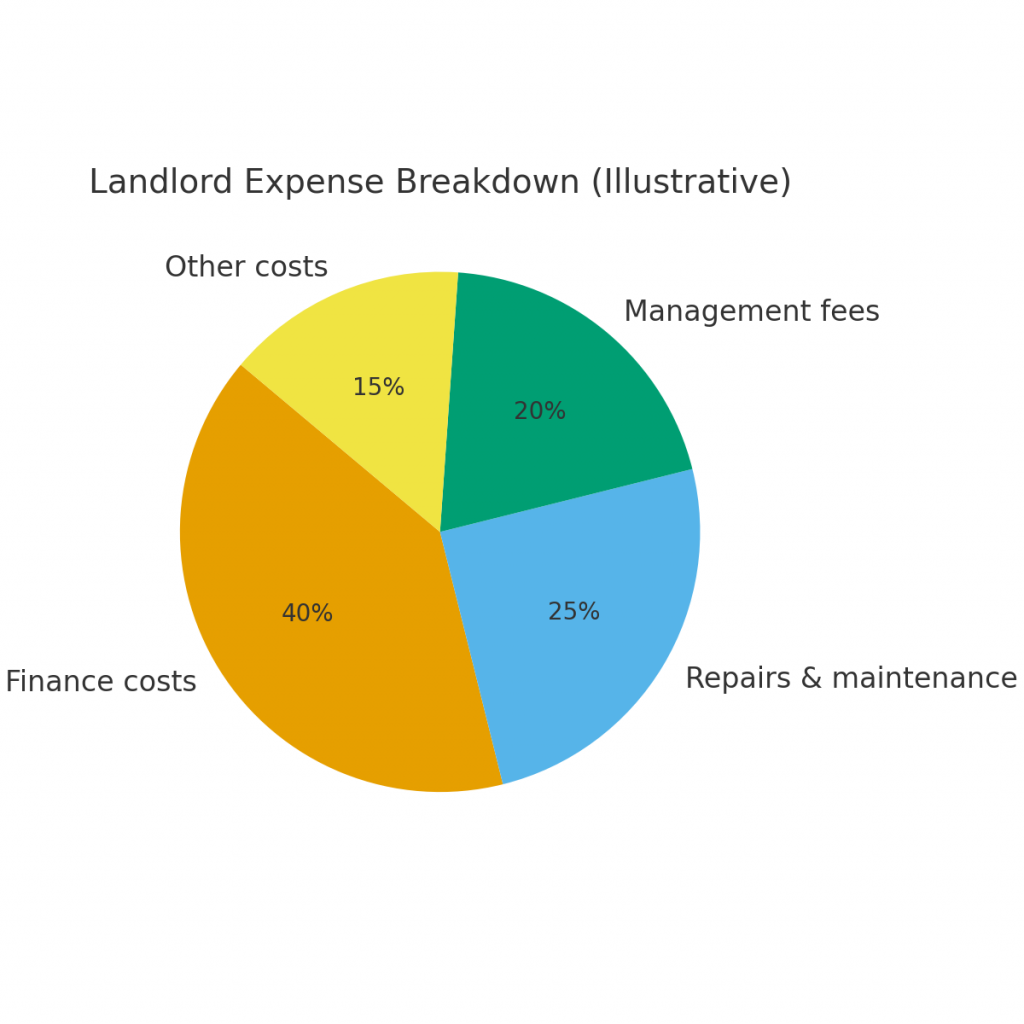Introduction
The Renters’ Rights Bill (also called the Renters Reform Bill in earlier versions) is set to bring one of the biggest changes to England’s private rented sector in decades. For landlords, the proposed reforms mean both new responsibilities and challenges — and opportunities — as the sector moves toward greater regulation and greater tenant protections.
Key Changes Affecting Landlords
- Abolition of No-Fault Evictions (Section 21)
Under the new legislation, landlords will no longer be able to evict tenants without providing a reason. Section 21 “no-fault” evictions are being abolished, meaning possession of a property must be sought using specific grounds under Section 8 (e.g. rent arrears, breach of tenancy). - Periodic Tenancies Replace Fixed Term ASTs
The Bill proposes converting fixed term assured shorthold tenancies (ASTs) into periodic tenancies once in force. This offers tenants more flexibility, but means landlords must plan for longer-term arrangements, fewer frequent turnarounds, and adjust their business models. - Rent Increase Controls & Market Rate Constraints
Rent rises will be more regulated: landlords will generally be limited to increasing rent just once per year, must serve notices properly, and may face challenges from tenants/tribunals if increases exceed what’s deemed “market rate.” Rent bidding above asking price may be outlawed for new tenancies. - Enhanced Property Standards & Decent Homes Standard
Expect stricter requirements for property conditions, safety, repair, ventilation, heating etc. The Bill also proposes stronger enforcement mechanisms for non-compliance. - Additional Regulatory Burdens & Costs
Landlords may have to register properties under a national Private Rented Sector database, join a landlord ombudsman scheme, and comply with more reporting, documentation, and oversight. These changes will likely increase both administrative and financial costs.

Implications & Tips for Landlords
- Portfolio Strategy: Some landlords are already considering reducing the size of their portfolios or even exiting the sector because of squeezed margins, increased compliance, and regulatory risk.
- Legal Preparedness: Ensuring that tenancy agreements, notices, and eviction processes are legally solid is more important than ever. Lawyers and professional advice will be essential.
- Communication and Tenant Relations: With tenants having more rights and longer tenures, maintaining good relationships, acting on repairs, and enforcing rules clearly will be critical to avoid disputes.
- Cost Planning: Being ready for increased maintenance, inspection, regulatory costs, potential delays in possession, or tribunal outcomes.
Conclusion
The Renters’ Rights Bill aims to rebalance power slightly in favour of tenants, enhance security, and improve housing standards. For landlords, while there are clear challenges — more regulation, more cost, fewer guaranteed eviction routes — there are ways to adapt, stay compliant, and still operate profitably. Proactive landlords who understand the changes, plan ahead, and invest in good tenant-landlord relationships will be best placed.



